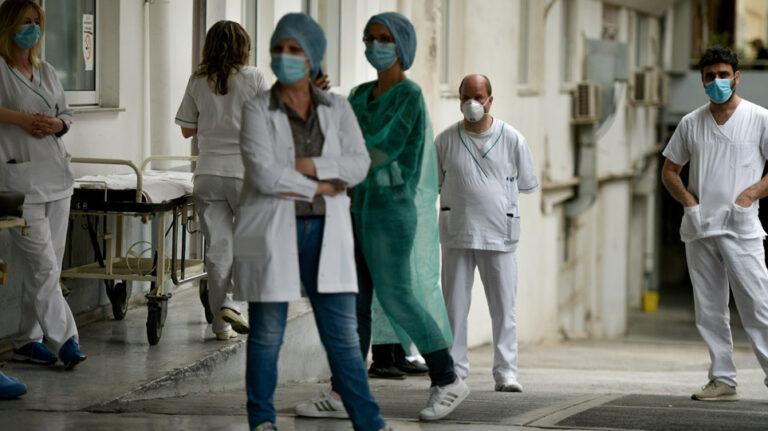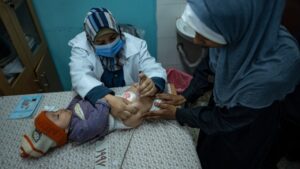According to a corruption report in the EU, 9% of Greeks admit that they resort to bribery during the Covid-19 pandemic crisis for their healthcare.
The survey, published by the British newspaper “Guardian” showed one in five citizens in Romania, Bulgaria, Hungary, and Lithuania said they bribed doctors and nurses in the midst of a pandemic crisis.
The corruption report also states that one-third of Europeans use their personal acquaintances to access health care.
In the 27 EU Member States, almost two-thirds (62%) of the 40,000 respondents to a Transparency International survey said corruption in their government was a major problem and three-quarters (76%) admitted that it was the same or worse than in previous years.
The authors of the report “The Global Corruption Barometer” in the EU, said the findings were particularly worrying as member states are preparing to allocate billions of euros for their economic recovery after the Covid-19 pandemic.
The Commission is expected to immediately approve national plans for spending 800 billion euros, the British publication comments.
“The EU is often seen as a bastion of integrity, but these findings show that countries across the region remain vulnerable to the insidious effects of corruption,” said Delia Ferreira Rubio, president of Transparency International.
“During a health crisis, using personal acquaintances to access public services can be as damaging as bribery … It is important for governments across the EU to redouble their efforts to ensure a fair recovery from the pandemic,” she added.
As the conclusions of the EU corruption report showed, 29% of Europeans say they relied on personal contacts for health care during the pandemic. In the Czech Republic, the figure is 54%, in Portugal 46%, and in Hungary 41%.
Romania (22%), Bulgaria (19%), Hungary (17%), Lithuania (17%), and Croatia (14%) have the highest rates of bribery for the provision of better health care.
In Belgium, the corresponding percentage is 10%, while in Austria as in our country it is 9%, according to the survey conducted between October and December 2020.
also read
International tennis event hosted in Preveza in June
Novak Djokovic: The Road to GOAT (infographic)
Ask me anything
Explore related questions





